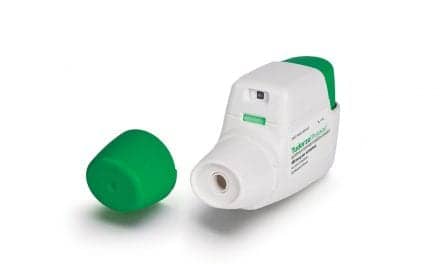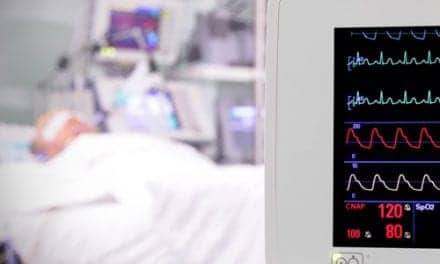Understanding the experiences and attitudes of patients with COPD with respect to physical activity can help clinicians develop individualized physical activity programs that may have higher adherence rates.
Health care professionals should help patients with chronic obstructive pulmonary disease (COPD) overcome the obstacles to physical activity and develop good activity habits, according to a systematic review and meta-synthesis published in Geriatric Nursing.
Researchers conducted a systematic review of qualitative studies of patients with COPD regarding their attitudes and experiences with respect to physical activities.
The researchers evaluated multiple databases through March 2022 for relevant primary studies that enrolled adults aged 50 years and older with COPD. A total of 12 articles were identified for analysis. Read more here.
Machine learning algorithms for COPD risk assessment
Although mounting evidence suggests that the microbiome has a tremendous influence on intractable disease, the relationship between circulating microbial extracellular vesicles (EVs) and respiratory disease remains unexplored. Here, we developed predictive diagnostic models for COPD, asthma, and lung cancer by applying machine learning to microbial EV metagenomes isolated from patient serum and coded by their accumulated taxonomic hierarchy. All models demonstrated high predictive strength with mean AUC values ranging from 0.93 to 0.99 with various important features at the genus and phylum levels. Application of the clinical models in mice showed that various foods reduced high-fat diet-associated asthma and lung cancer risk, while COPD was minimally affected. In conclusion, this study offers a novel methodology for respiratory disease prediction and highlights the utility of serum microbial EVs as data-rich features for noninvasive diagnosis. Read more here.










